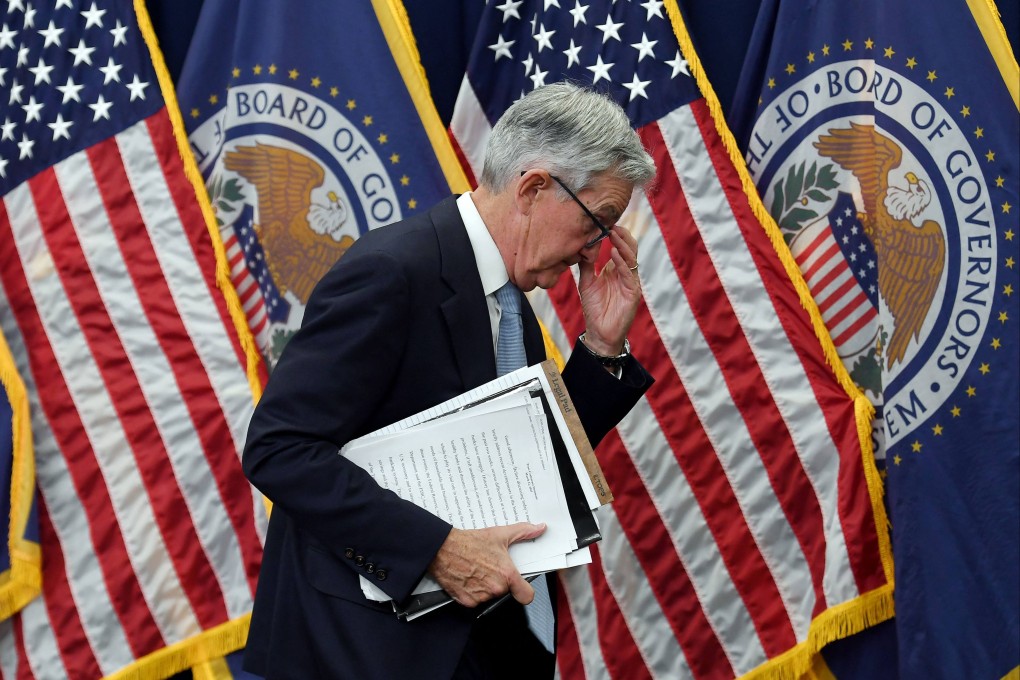Advertisement
The View | How chasing the sugar rush of monetary infusions gave us high inflation
- The world’s top leaders are responsible for this biggest misstep in our recent economic history
- The authorities blame rising food and oil prices or war – when the real cause is poor monetary and fiscal policymaking
Reading Time:3 minutes
Why you can trust SCMP
1

On November 30, 2021, US Federal Reserve chairman Jerome Powell said it was time to stop describing inflation as “transitory”. Six months later, Treasury Secretary Janet Yellen admitted she “didn’t, at the time, fully understand” how severe inflation would be. Last month, Bank of England governor Andrew Bailey said “there are very big lessons about how we operate monetary policy in the face of very big shocks”.
These are embarrassing admissions by our economic leaders to the blindingly obvious.
High inflation is the dominant economic narrative of 2023. It exposes the biggest misstep in recent economic history, which was the continuous injection of large amounts of money by policymakers into the world economy following the global financial crisis of 2008.
This was done to resist the onset of recession, but slowdowns are part of a successful economic system, which eventually runs ahead of itself and then needs time to catch up, unclog, reset and renew. Economies are living and dynamic, they do not stay static and cannot be managed as if they do – an assumption that consigned the Soviet Union to history.
Indeed, today’s megalithic technology companies demonstrate that a disorganised and messy economy provides opportunities for renewal – as many emerged from a garage or a college dorm.
Of course, recessions bring great hardship and, in any economy, this leads to a discontent with leadership among the general population. Those with eager hands on the levers of power are therefore happy to sustain the sugar rush by printing money under the guise of avoiding the “temporary” recessions caused by events such as the Covid-19 pandemic or a war – when such recessions are the norm, not the exception.
Advertisement
